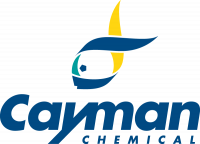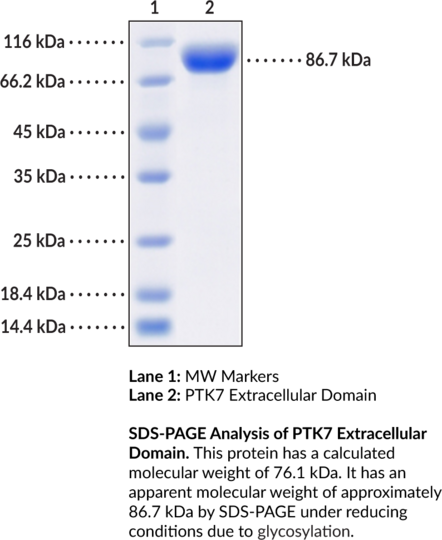Cookie preferences
This website uses cookies, which are necessary for the technical operation of the website and are always set. Other cookies, which increase the comfort when using this website, are used for direct advertising or to facilitate interaction with other websites and social networks, are only set with your consent.
Configuration
Technically required
These cookies are necessary for the basic functions of the shop.
"Allow all cookies" cookie
"Decline all cookies" cookie
CSRF token
Cookie preferences
Currency change
Customer-specific caching
FACT-Finder tracking
Individual prices
Selected shop
Session
Comfort functions
These cookies are used to make the shopping experience even more appealing, for example for the recognition of the visitor.
Note
Show the facebook fanpage in the right blod sidebar
Statistics & Tracking
Affiliate program
Conversion and usertracking via Google Tag Manager
Track device being used
| Item number | Size | Datasheet | Manual | SDS | Delivery time | Quantity | Price |
|---|---|---|---|---|---|---|---|
| Cay40523-100 | 100 µg | - | - |
6 - 10 business days* |
467.00€
|
||
| Cay40523-1 | 1 mg | - | - |
6 - 10 business days* |
3,028.00€
|
If you have any questions, please use our Contact Form.
You can also order by e-mail: info@biomol.com
Larger quantity required? Request bulk
You can also order by e-mail: info@biomol.com
Larger quantity required? Request bulk
Inactive tyrosine-protein kinase 7 (PTK7) is a transmembrane receptor involved in morphogenesis.... more
Product information "PTK7 Extracellular Domain (human, recombinant)"
Inactive tyrosine-protein kinase 7 (PTK7) is a transmembrane receptor involved in morphogenesis. It is composed of a signal peptide, seven immunoglobulin-like (Ig-like) domains, a transmembrane domain, a juxtamembrane domain, and a catalytically inactive tyrosine kinase domain. PTK7 is expressed in pancreas, kidney, liver, lung, and placenta, as well as brain, heart, and melanocytes, and localizes to cell-cell junctions. It also undergoes alternative splicing to generate isoforms that exhibit tissue-specific distributions. Soluble PTK7 is produced by proteolytic cleavage of the extracellular domain by matrix metalloproteinase-14 (MMP-14), also known as membrane type-1 MMP (MT1-MMP). PTK7 plays a role in planar cell polarity, gastrulation, neural tube closure, neural crest migration, cardiac morphogenesis, and epidermal wound repair and participates in canonical and non-canonical Wnt signaling. Ectopic expression of PTK7 without the kinase domain induces migration of murine hematopoietic cells expressing the human protein and recombinant human soluble PTK7 inhibits VEGF-induced capillary tube formation in human umbilical vein endothelial cells (HUVECs). A PTK7-targeting antibody-drug conjugate containing the DNA topoisomerase I inhibitor exatecan (Cay-35452) induces tumor regression in a breast cancer mouse xenograft model. Overexpression of PTK7 is associated with poor prognosis in patients with acute myeloid leukemia (AML). Cayman's PTK7 Extracellular Domain (human, recombinant) protein consists of 685 amino acids, has a calculated molecular weight of 76.1 kDa, and a predicted N-terminus of Ala31 after signal peptide cleavage. By SDS-PAGE, under reducing conditions, the apparent molecular mass of the protein is 86.7 kDa due to glycosylation.Synonyms: CCK-4, Colon Carcinoma Kinase 4, Inactive Tyrosine-protein Kinase 7, Protein-tyrosine Kinase 7, Pseudo Tyrosine Kinase Receptor 7, Tyrosine-protein Kinase-like 7. Purity: >95% estimated by SDS-PAGE. Endotoxin Testing: < 1.0 EU/µg, determined by the LAL endotoxin assay. Source: Recombinant human C-terminal His-tagged PTK7 extracellular domain expressed in HEK293 cells. Amino Acids: 1-704. MW: 76.1 kDa. Formulation: (Request formulation change), Lyophilized from sterile PBS, pH 7.4. UniProt Accession #: Q13308.
| Keywords: | PTK7, CCK4, CCK-4, CCK-4, Colon carcinoma kinase 4, Colon carcinoma kinase 4, Protein-tyrosine kinase 7, Protein-tyrosine kinase 7, Tyrosine-protein kinase-like 7, Tyrosine-protein kinase-like 7, Pseudo tyrosine kinase receptor 7, Pseudo tyrosine kinase r |
| Supplier: | Cayman Chemical |
| Supplier-Nr: | 40523 |
Properties
| Conjugate: | No |
| Host: | Human cells |
| Species reactivity: | human |
| MW: | 76.1 kD |
| Purity: | >95% estimated by SDS-PAGE |
| Format: | Lyophilized |
Database Information
| KEGG ID : | K05127 | Matching products |
| UniProt ID : | Q13308 | Matching products |
| Gene ID | GeneID 5754 | Matching products |
Handling & Safety
| Storage: | -80°C |
| Shipping: | -80°C (International: -80°C) |
Caution
Our products are for laboratory research use only: Not for administration to humans!
Our products are for laboratory research use only: Not for administration to humans!
Information about the product reference will follow.
more
You will get a certificate here
Viewed






